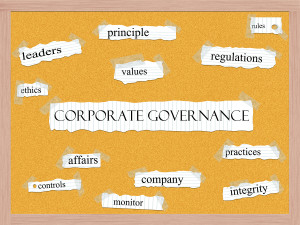
The Power of Intuitive Thinking
Let me ask you this: Do you trust your intuitive thinking? Or do you rely more on data and analyses? Here’s some information that might

Let me ask you this: Do you trust your intuitive thinking? Or do you rely more on data and analyses? Here’s some information that might

Psychologists have not yet determined why people in 50+ industrialized nations experience midlife crises. It’s certainly a major reason why people hire executive coaches. “What’s

I’ve been inspired by Harvard Professor Max Bazerman’s book The Power of Noticing: What the Best Leaders See (Simon & Schuster, 2014). It’s really caused

The best leadership decisions are never made in isolation. In public companies, government offices and non-profits, regulation and oversight is required to ensure maximum outcomes

When it comes to making successful leadership decisions, what you see is rarely all there is. Harvard Business School Professor Max Bazerman writes about this

Do you succumb to attentional blindness when making decisions? Leaders are prone to decision-making errors when they don’t notice information that’s readily available if only

As a leader, you’re responsible for decision making each day. But how confident are you in your ability to notice all pertinent information? If you’re

How can organizations improve their leadership decisions? What can smart leaders do to avoid making decision errors that lead to business and career bloopers? You

Last week I posted about avoiding faulty thinking in Chip and Dan Heath’s book Decisive: How to Make Better Choices in Life and Work (Random

I’m curious about business decision processes and I’ve been thinking about how even smart leaders can make the wrong choices. For one thing, I’ve been

Join Nancy as she talks with Meredith Hirsh, her client, on her podcast, Working Healthcare. Learn when to seek a therapist versus a coach and

Listening may be the most difficult skill to master when communicating effectively. But master it, we can! The non-verbal part of communicating is the most

How do you test your leadership insights? “Innovation is seeing what everybody has seen and thinking what nobody has thought.” ~ Dr. Albert, Szent-

An organization’s health is only as sound as its leader’s decisions. Some companies prosper from wise leadership directions, while others struggle after flawed choices—choices that







